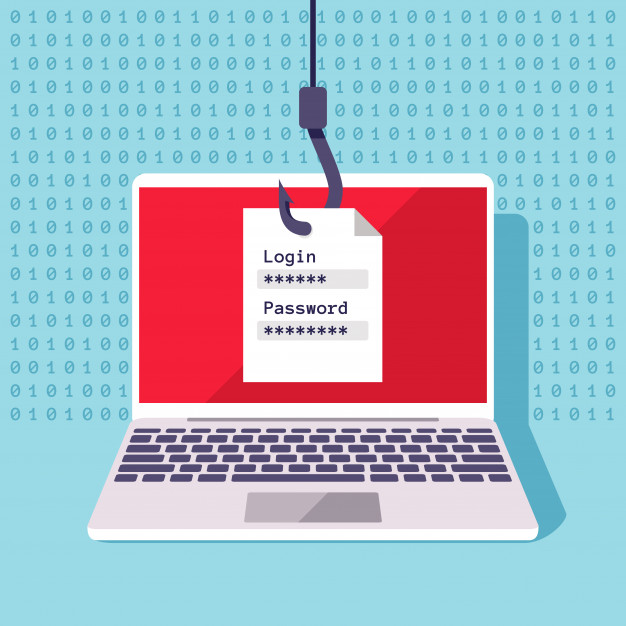Website Malware Protection
If you are running a business also you need to know how to prevent malware on your website. The good news is that this depends more on the ability to apply common sense and take reasonable precautions than on the ability to pay for expensive software tools.
How to Protect Your Website From Malware
When looking at how to prevent malware on your website, there are three crucial issues you must address. These are as follows. Decide whether you need to use an open-source content management system. Choose the right host and hosting arrangement. Choose the right software and manage it properly.
Decide whether you need to use an open-source content management system
The open-source CMSs offer unlimited customizability. The mainstream ones all have a huge range of third-party extensions and the fact that the CMSs are open source means that you can hire a developer to create anything you want, perfectly legally. For some SMBs, this flexibility is a must but for others, it’s largely irrelevant.

If you’re in the latter category then you may want to take a look at the all-in-one website-building solutions. These basically offer managed to host plus a proprietary CMS, which is likely to be much easier to use than any of the open-source options. The vendor will take care of just about everything else, including most of the security. Your only responsibility is to manage your own accesses. Otherwise, you just customize your site and add content.
For many SMBs, however, especially small ones, the big downside of these platforms is not their lack of flexibility, but their cost. Organizing hosting and using an open-source CMS can be much more cost-effective and make life easier if your business is growing and you need to keep developing your website to reflect this.
Choose the right host and hosting arrangement
If you decide to organize your own hosting and use an open-source CMS then you will have plenty of third-party hosting vendors eager for your business. Even if you are on a very tight budget, you need to resist any temptation to make your selection based on price, or at least, not until the very final stages of your selection process.
Instead, your priorities should be security, uptime, page-load speed, customer service, and technical support. Compromising these for the sake of saving a a bit of money is a classic example of a false economy, which could really hurt you. For example, if a host is known for having security issues you may wind up seeing your site blacklisted by the search engines as a result of their failings.
Once you’ve chosen your host, you then need to choose the right hosting package. Your choice will basically boil down to a dedicated server or some kind of sharing arrangement. In theory, a dedicated server is a more secure option because it ensures that your website will never be compromised due to someone else’s error. In practice, for many SMBs, the real advantage of a dedicated server is the fact that it’s usually possible to have the hosting vendor manage it. In many cases, they will manage everything up to and including updating the CMS, although probably not any third-party add-ons you use.
With a shared-server arrangement, you usually have to manage your own security. This doesn’t mean that you have to do everything yourself. In fact, it doesn’t mean that you have to do anything yourself. It does, however, mean that you have to make arrangements to be done.
What’s more, it’s very much preferred if it’s done by someone who knows their way around a shared-hosting environment. In simple terms, a lot of the issues people experience with shared hosting actually boil down to website owners not understanding how to secure their websites to eliminate, or at least minimize the chance of them being infected if another site on the same server is compromised. For example, they may not know how to nail down their file and directory permissions.
Choose the right software and manage it properly
Take time to consider which CMS is right for your situation. It may well turn out to be WordPress, but that definitely isn’t the only option. Once you’ve chosen your CMS, make sure you inform yourself not just about how to make it do what you want it to do, but how to keep it secure. Part of this will involve updating it promptly, but another part will involve working out what settings are the right ones for your specific website.
Similarly, do your research before adding any third-party extensions and make sure to keep them updated too.
Please click here now to have your website scanned, for free, by cWatch from Comodo.
© 2026 Comodo Security Solutions, Inc





